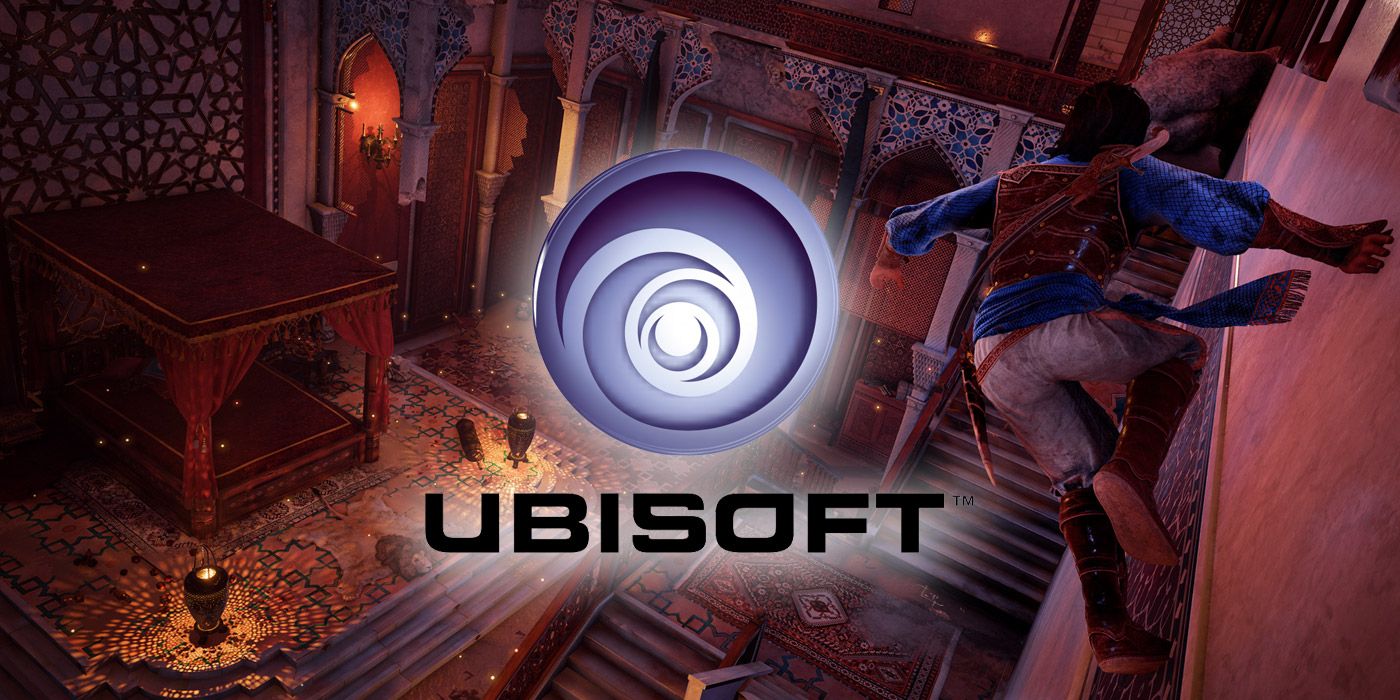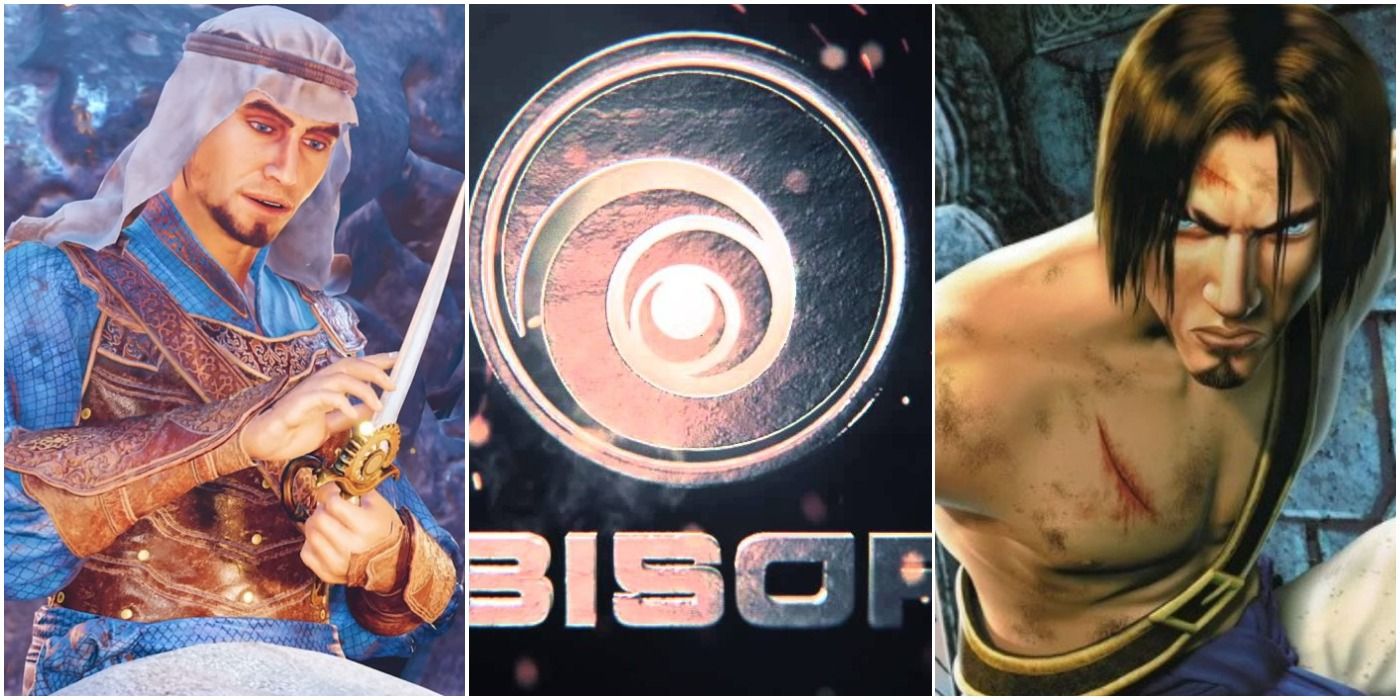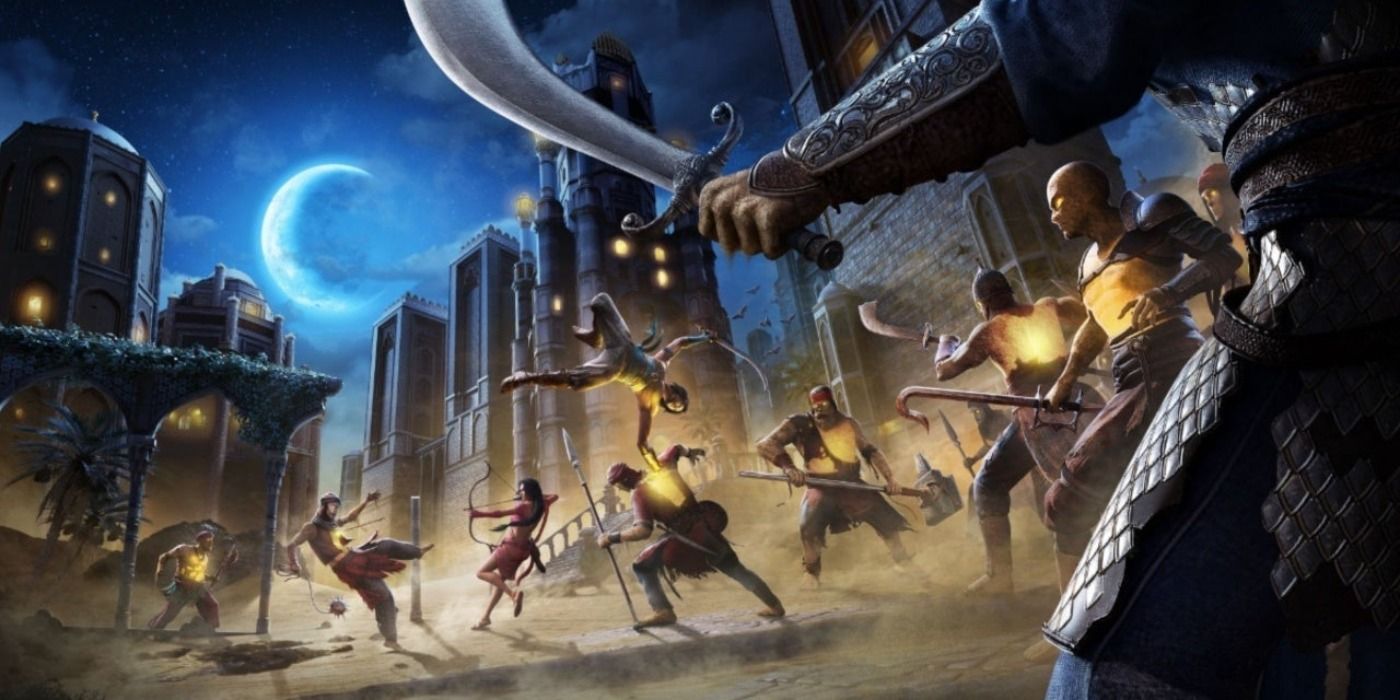
In this current era of remakes running rampant throughout the gaming landscape, Ubisoft also joined in to reveal that it was working on a full reimagining of one of its most beloved titles with Prince of Persia: The Sands of Time Remake. Although fans had been clamoring for a new release in the series for over a decade, overall response to the first Sands of Time Remake trailer was mixed.
Despite seeming like a faithful remake from a narrative perspective, the community did not respond kindly to the chosen art and graphical style for the new release, feeling it should be up to a much higher standard considering the franchise's pedigree as well as Ubisoft's resources. Prince of Persia: The Sands of Time Remake was first delayed from January to March of 2021, until a recent delay from Ubisoft has pushed the title into the indefinite future.
While this extended postponement of an already long anticipated title can be both disappointing and frustrating for fans, it indicates a positive change of pace for Ubisoft's approach to game design when examined from a larger perspective. To change what was once a delay by a few months to a release sometime in the future indicates a company not willing to rush a product just to meet a deadline, having passion for creativity as well as care for the well being of its many employees.

Nowadays, video games are big business, having reached a point to be recognized as a hugely profitable entertainment industry, with big companies such as Activision, Electronic Arts, and Ubisoft. The pressure of big business has likely impacted each company some way, which often means pushing games as much as possible, which is self-evident in more annualized-titles like Call of Duty.
Even though Ubisoft seemed to embrace this business model better than most, they shocked the gaming landscape when the expected yearly release of Assassin's Creed took a year off in 2016 to allow the creative team more time to reinvent the franchise and provide a compelling gameplay experience. This resulted in 2017's Assassin's Creed Origins, which released to critical acclaim and was considered to be a fresh new take on the franchise. Even just a one year absence from a major franchise release proved to be hugely beneficial to Ubisoft in the long run, as this new stylistic approach to Assassin's Creed has reinvigorated interest in the series.
This new mindset has carried over to many of Ubisoft's other well known franchises with delays being put forward in order to better enhance the final product. Ghost Recon Breakpoint has done so numerous times in order to maintain a certain quality standard, with many major updates and even a Terminator-themed event being pushed ahead to guarantee that all aspects were functioning as intended upon release. Especially after its release state, focusing on quality post-launch is a big deal.

A common concern within modern video game development is the amount of pressure it places on employees, especially in the crucial final months leading up to release. Fixing bugs, ironing out technical issues, and just ensuring that the game meets a certain quality standard can be an exhausting process, and it proves to be an unhealthy strain on both the physical and mental health of video game developers.
Just this past year, many high profile video game studios were met with backlash and controversy due to reports that projects were hitting excessive crunch time hours. Naughty Dog in particular was met with questioning when its crunch time for The Last of Us 2 was reportedly reaching ludicrous numbers, compromising the health of its many team members.
Naturally, it is in everyone's best interests (from both the studio and gamer perspective) that a video game reaches its best level of polish; however, this should not be placed as a higher priority than basic human decency and well being. Ubisoft's choice to seemingly give the Prince of Persia team as much time as needed is a great show of respect and appreciation for its employees, and hopefully sets an example that all studios will attempt to follow in the coming years.
Prince of Persia: The Sands of Time Remake is in development for PC, PS4, and Xbox One.
MORE: Prince of Persia: The Sands of Time Remake is Hopefully Just a Start

